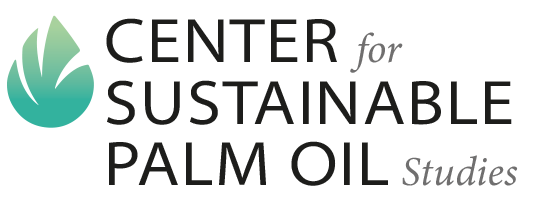
The strategic objective of Ursula von der Leyen’s Commission Presidency was made clearly and publicly: to be a ‘geopolitical’ Commission. Notwithstanding the COVID-19 pandemic – which has necessitated a pivot back to intra-EU politics – the Von der Leyen Commission has made progress on some of its geopolitical goals.
Perhaps most notable is the EU’s successful elevation to become a Strategic Partner of ASEAN, back in December 2020. While much of the Brussels bubble focus was on the China investment deal (which now looks unlikely ever to be ratified) – the ASEAN progress is far more significant. The region is one of the fastest-growing in the world, is (mostly) democratic and pro-Western, and has a much greater willingness to open up to trade and investment. The EU’s exports of goods to Indonesia, for example (ASEAN’s largest market, representing about 1/3 of the ASEAN GDP) have declined since 2016, and the EU is only the fifth-largest trading partner for Indonesia.
The good news is that there is plenty of room for growth in this trading relationship; the bad news is that the Commission and Parliament seem determined to sabotage this opportunity.
ASEAN as a regional association, and Indonesia as its largest member, rely heavily on palm oil as an agricultural export. It is one of the largest drivers of rural poverty alleviation anywhere in the world: Indonesia alone has lifted over 10 million people in rural areas out of poverty as a result of oil palm cultivation.
The EU has – for a variety of protectionist reasons – erected a series of trade barriers against palm oil exports. The Renewable Energy Directive (RED II) restricts palm oil biofuel imports immediately, leading to a full ban in 2030; the European Parliament has passed resolutions demanding a ban on palm oil as a food ingredient; and a few uber-protectionist governments (France; Belgium) have moved ahead with their own individual palm oil bans.
This has understandably angered ASEAN, who made it clear that the significant delay in the EU being awarded Strategic Partnership status was because of EU hostility towards palm oil.
It is plainly ridiculous for European leaders, including Von der Leyen, to claim commitment to a geopolitical strategy, and then set about banning and restricting the largest export from a key trading partner.
Perhaps the most significant test of the EU-ASEAN relationship will come before the EU institutions later this year. ‘Due Diligence’ is the most-fashionable regulation in Western capitals in 2021: the British Parliament will vote on its implementation this summer; U.S. President Joe Biden has signalled his support for similar measures; and the EU Commission will present later in 2021 its own Due Diligence plans.
Due Diligence means introducing mandatory requirements for importing businesses to check and verify that their imports – and, by extension, their partners and suppliers – meet with a pre-determined set of rules of environment, labour, human rights or other categories.
There are essentially two paths by which this can be achieved: first a ‘legality standard’ that seeks to ban imports that contravene local laws (e.g. those linked to illegal deforestation). This is a cooperative approach that accepts as its core standard the laws of the exporting countries (i.e. the EU’s trade partners, such as ASEAN countries).
The second approach is the unilateral approach: a Due Diligence standard based on arbitrary criteria decided by the importing country. In this case, the European Commission. This is the more hostile approach, as it acts as a non-tariff barrier to trade and undermines the existing laws of ASEAN partner countries.
The UK government has already chosen the first path: a legality standard. This has been welcomed by Indonesia and other UK trade partners around the world. The U.S., if it does move ahead, is likely to follow the same approach: cooperation, rather than confrontation.
The European Commission and Parliament appear set on the second path. This is a recipe for disaster. We will lose ground in comparison to our competitors in London and Washington, as they move ahead with a less-restrictive regulation and Brussels is stuck with a costly, burdensome regulation that needlessly provokes our ASEAN allies.
This decision will have significant real-world impact, beyond Brussels. Investments from ASEAN that could have come to the EU will instead go to the UK. Goods will be cheaper for British consumers than for their counterparts in the EU. The UK’s chances of a trade deal with Indonesia – which would boost exports, lower prices, and create jobs – would rise; the EU’s hopes would fade away.
In a post-COVID world, where economic recovery will be the #1 priority, it is madness that Commissioners and MEPs would choose protectionism over open trade; and choose trade barriers over international cooperation.
Due Diligence will not be the most high-profile decision that Von der Leyen makes in 2021 – but it will give a clear indication of where this Commission intends to go, and whether or not it is serious about its geopolitical ambitions. Anything other than a legality standard would be to prioritise legislative virtue-signalling ahead of the jobs and livelihoods of everyday Europeans.
By Ryszard Czarnecki
Original Link: https://www.neweurope.eu/article/if-the-eu-is-serious-about-a-partnership-with-asean-we-must-stop-erecting-trade-barriers/


